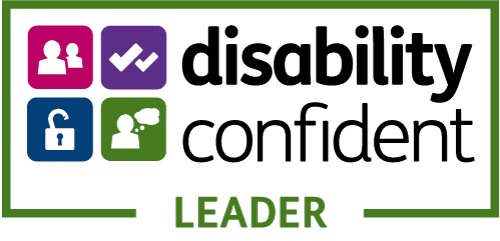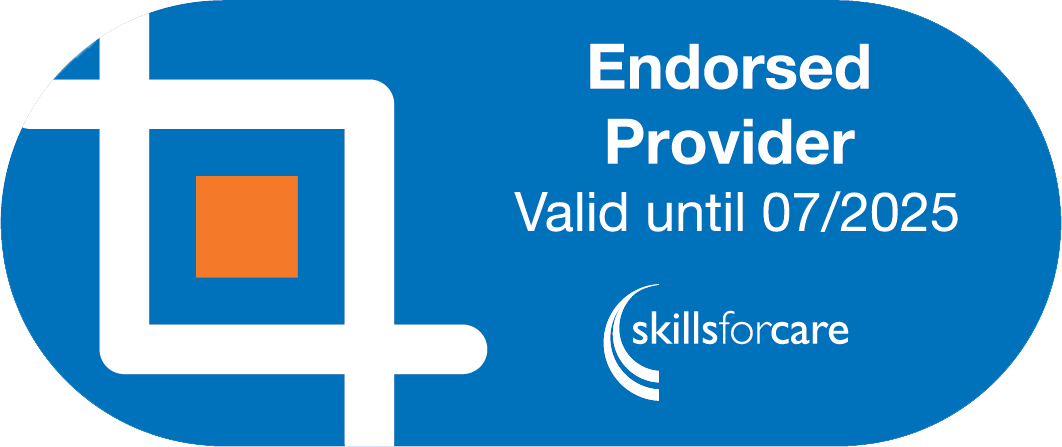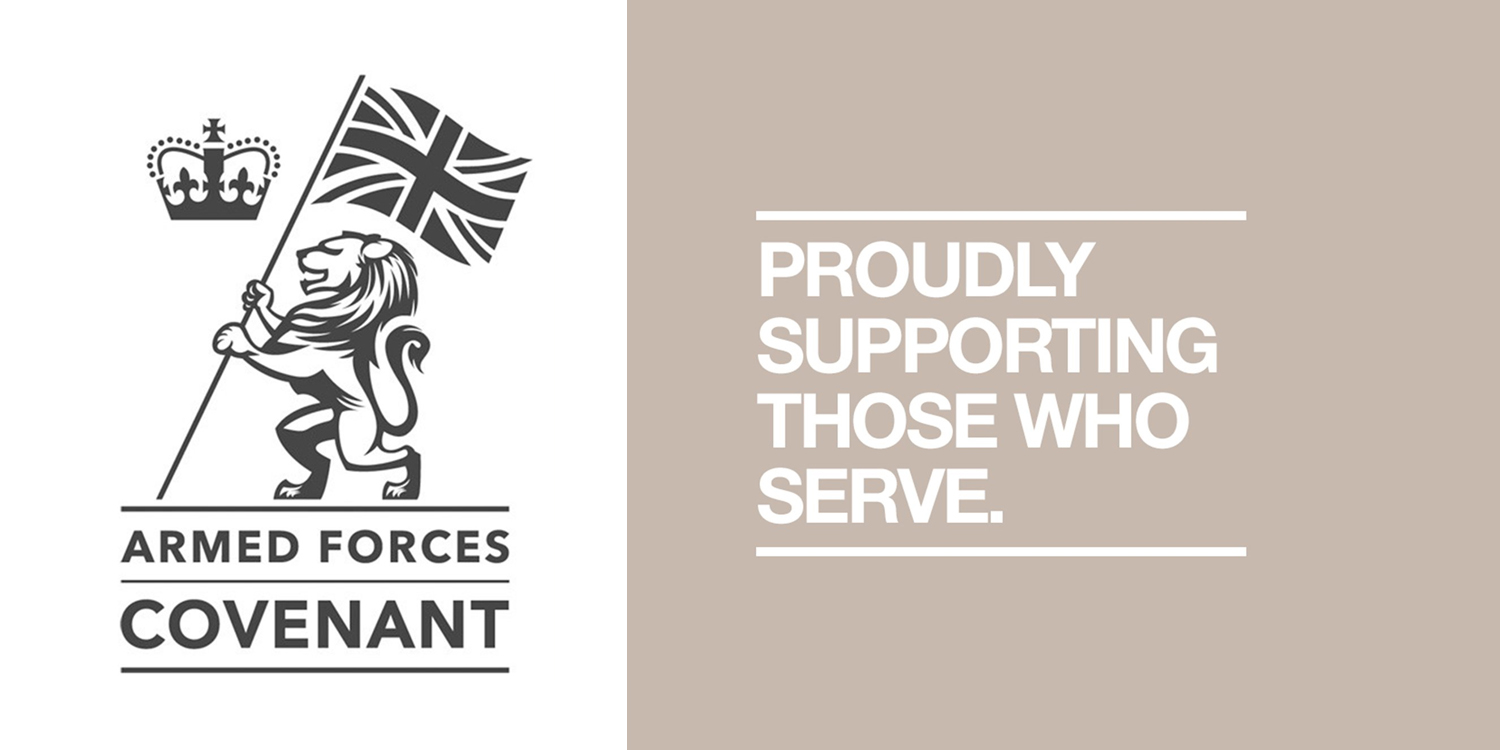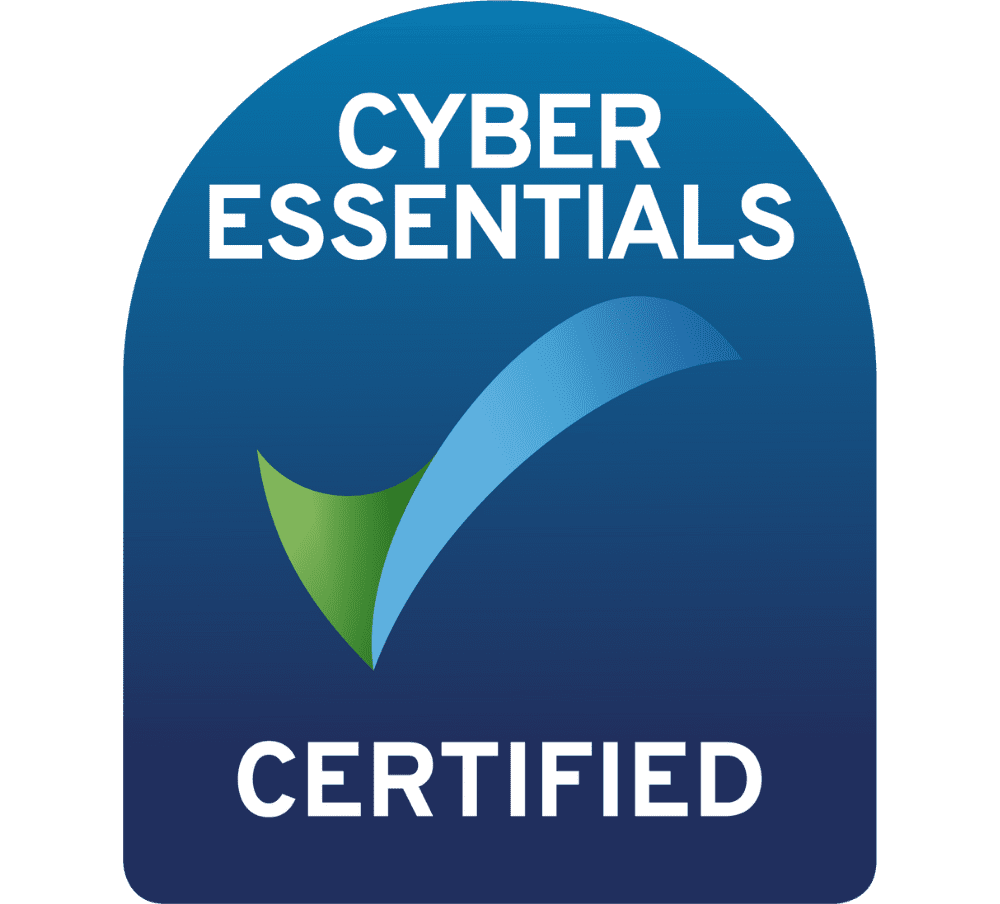Eating Disorder Awareness Week will take place from 28th February to 6th March. During this time many organisations will be campaigning for better awareness of eating disorders during this time. One in particular is through Beat Eating Disorders. This campaign will call for all UK medical schools and foundation programmes to introduce proper training on eating disorders.
What are the most common types of eating disorders?
Binge-eating: Those with binge-eating disorder keep eating even after they are full. Often experiencing feelings of guilt and shame.
Bulimia Nervosa: Those with Bulimia Nervosa also have periods of binge-eating, however afterwards they purge, making themselves throw up.
Anorexia Nervosa: Those with Anorexia Nervosa eat small quantities, severely restrict, or avoid food completely. Anorexia Nervosa is the least common of the three eating disorders but often more serious.
What are the symptoms of these eating disorders?
Binge-eating:
- Eating large amounts of food in a specific amount of time even when they are full
- Eating alone or in secret to avoid embarrassment
- Feeling distressed and guilty about eating
- Eating fast during binge episodes
Bulimia Nervosa:
- Fasting
- Engaging in excessive exercise
- Purging
Anorexia Nervosa:
- Fear of gaining weight
- Distorted body image
- Engaging in excessive exercise
- Eating little to no food
What are some of the treatments available for those with an eating disorder?
- Medication
- Hospitalisation
- Psychological therapy
- Registered dietitian
Eating disorders affect 1 in 50 people in the UK but even with figures like this training on eating disorders is limited. People rely heavily on GPs for recovery from eating disorders. However, the average GP receives less than 2 hours of training
Due to the lack of training, access to treatment is delayed and many misdiagnoses are made. Here are a few steps you can take to help raise awareness for this week.
- Start conversations, this can either be with people you know or if you are seeking support then from those appropriate
- Do your research, you can find plenty of information about eating disorders online
- Join in with campaigns like this one
Having the necessary training for eating disorders saves lives.








